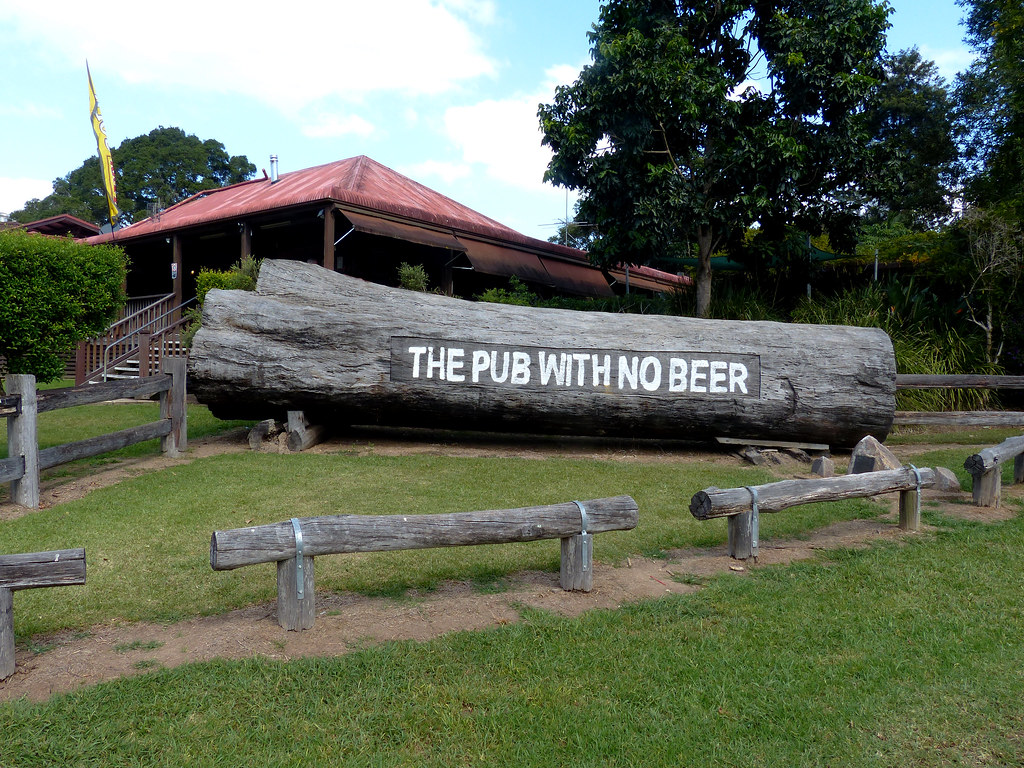I stumbled upon Joe Batt’s Arm again. I first became acquainted with Joe Batt and his arm when Twelve Mile Circle investigated Mundane First Name Places about a year ago. The settlement grew along an inlet, colloquially called an arm, that formed a part of its name. It still amused me all these months later when I came across it once again. However, I couldn’t repeat what I’d already reported so I decided to find additional appendages.
Arm

Towns featuring Arms appeared all along Canada’s North Atlantic coastline, although particularly in Newfoundland and Labrador. Joe Batt’s Arm fell within that category, of course. Sporadic instances of Arms could be seen in other parts of the world although not nearly enough to create a trend. Well, except maybe in Australia.
There, another concentration of Arms appeared on the eastern edge of New South Wales and Queensland so I decided to concentrate my efforts there. I could have selected any number of Australian locations, however I focused on Taylors Arm for a particular reason. It featured The Pub with No Beer. Paradoxically, the Pub with No Beer (map) not only served beer, it even brewed its own beer.
The Sydney Morning Herald explained the odd designation.
“The history of The Pub With No Beer dates back to 1943, when farmer Dan Sheahan went to the Day Dawn Hotel in Ingham, north of Queensland, only to find American soldiers had drunk the pub dry of beer. With a glass of wine in hand instead, he penned A Pub Without Beer. Country singer Gordon Parsons adapted the song to A Pub With No Beer, basing it on his own local at Taylors Arm, then called the Cosmopolitan Hotel. When his friend Slim Dusty recorded the song in 1957, it became an Australian chart-topper.”
It’s lonesome away, from your kindred and all
By the campfire at night, where the wild dingoes call
But there’s nothing so lonesome, so morbid or drear
Than to stand in a bar, of a pub with no beer
Slim Dusty, Australia’s “Father of Country Music” passed away in 2003 although the Pub with No Beer continued to live on in Taylors Arm.
Leg

Done with Arms, I switched to Legs. However Legs didn’t appear nearly as frequently as Arms. I found only a single nation with lots of Legs. Poland contained several villages simply called Leg. It also had several instances of Leg combined with other identifiers (e.g., Leg Reczynski, Leg Staroscinski, Brzozowo Leg).
I tried to find what Leg meant, even turning to Polish-English dictionaries. I figured it must be a noun although I couldn’t determine if it represented some sort of geographic feature or something completely unrelated. Also it appeared to be pronounced something like “wenk” not leg. Still, it looked close enough to Leg so I went with it.
I found only one Leg photograph with a creative commons license, a place called Leg Tarnowski (map). That prompted me to turn to the Polish version of Wikipedia for more information. Polish differed from English so completely that I couldn’t even find cognates. Nonetheless, assuming the accuracy of Google Translate, it seemed the town along the Dunajec River dated back to the 16th Century.
Hand

Thank goodness for England. I didn’t think I would ever find a decent Hand or Foot. England provided both.
Hand came in the form of Cross in Hand (map). You know, the village just down the road from Blackboys and Uckfield? Cross in Hand seemed to be quite the Christian name. What religious source, I wondered, led to such an explicit reference? I found a number of references although they all seemed to begin with the infamous “legend says” qualifier.
With that in mind, and with the proper asterisks in place, I decided to repeat the supposed explanation. There was a general belief that Crusaders met here as they began their journey to the Holy Land during the Middle Ages. There didn’t appear to be much of a compelling reason to meet at that particular spot although maybe it seemed more conducive a few centuries ago.
In fairness, I did find a Hand in the United States too. It came in the form of Hand County, South Dakota (map). As explained,
“Hand County was created in 1873 and organized in 1888. It was named for George W. Hand, a native of Akron, Ohio, and a Civil War Veteran. He came to Yankton in 1865. In 1860 he was appointed United States Attorney for Dakota Territory, serving until 1869. From 1874 to 1883, he was Register of the Yankton Land Office and Secretary of Dakota Territory.”
That occurrence seemed considerably less dramatic than the legend of Cross in Hand. Just about anybody, it seemed, could get a South Dakota county named for them in the late Nineteenth Century.
Foot

I also found a foot, specifically Luddenden Foot (map). Sometimes this appeared without the space between the two as in Luddendenfoot. To understand Luddenden Foot, one must first understand Luddenden.
“The name means Ludd valley, or valley of the loud stream and refers to the Luddenden Brook. An alternative meaning refers to the Celtic water god Lud, who gave his name to many water-related features. This was a Brythonic area, speaking a form of primitive Welsh, until perhaps the 9th century as a relict of the kingdom of Elmet.”
Luddenden Foot was situated adjacent to and downhill from Luddenden. In other words, it grew at the foot of Luddenden. I guess that made it the town at the foot of the town in the valley of the loud stream, at least by one interpretation. I loved that name.

Leave a Reply